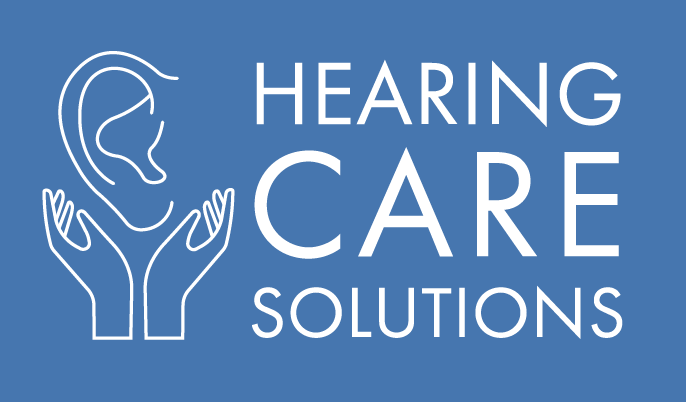Hearing clinics offer a wide range of services, including hearing tests, hearing aids, and tinnitus treatment. They also provide aural rehabilitation services and a variety of financing options.
Untreated hearing loss can lead to a number of health problems, such as depression. It can also affect balance and walking, and reduce one’s quality of life.
Hearing tests
Hearing tests are a critical tool in evaluating your hearing loss. They are an incredibly useful diagnostic tool and can help identify your hearing loss type, establish your hearing health profile, detect impairments or abnormalities and help you make treatment recommendations.
During a hearing test, a licensed audiologist or hearing instrument specialist will take your history and perform several different types of testing. The results of your tests are then plotted on an audiogram, a visual representation of your hearing loss.
A hearing test can also uncover an underlying medical condition, which may be linked to your hearing problem. Early detection can help your audiologist engage specialists to treat the condition.
Another common test, pure-tone audiometry, measures the softest sounds you can hear at different pitches and volumes. This is typically a part of the routine hearing screening for children and adults.
Hearing aids
Hearing aids can help people of all ages with varying degrees of hearing loss. They can improve speech understanding, reduce unwanted background noise and make sounds louder.
These hearing aids, which are designed to fit in the ear, are available in various styles and colors. They can be used for mild, moderate or severe hearing loss.
The hearing aid’s microphone can be programmed to pick up sounds from a wide area around the wearer or to focus on sounds coming from directly in front of them, known as directional hearing. These settings are designed to improve listening in situations that have a lot of background noise, like restaurants and crowded theaters.
The audiologist will program the hearing aid to match your specific type of deafness, before testing it in your ear. This process is called audiometric testing, and it’s a key component of any hearing test.
Hearing rehabilitation
Hearing rehabilitation is a type of therapy that helps people with hearing loss regain their ability to communicate successfully. It involves a variety of activities, including counseling, training exercises, and learning about different devices.
The purpose of hearing rehab is to optimize a person’s ability to hear and communicate using a combination of hearing aids, communication strategies, and other assistive listening systems. It can also reduce the individual’s perception of hearing difficulties, improve their quality of life, and enhance their personal adjustment to living with hearing loss.
Providing auditory rehabilitation falls under the scope of audiologists and speech-language pathologists (SLPs). Audiologists may provide screenings for hearing and other communication issues, conduct full diagnostic assessments, and fit and program hearing aids and cochlear implants.
Among older adults, the majority of people with dementia (PwD) have some hearing impairment, but many of them remain untreated and unmanaged. Untreated hearing impairment negatively impacts on the person with hearing impairment’s quality of life, cognitive function, social interaction, and overall health.
Tinnitus treatment
Hearing clinics can offer a variety of tinnitus treatment options. These may include listening to white noise (e.g., falling rain, ocean waves), using a fan or humidifier to mask tinnitus at night and changing your medication.
Medications and supplements can also help manage the emotional impact of tinnitus and improve sleep. Therapists with experience in tinnitus treatment can offer counseling to help you develop strategies to cope with your condition.
Low-pitched ringing sounds are generally caused by ear canal blockages or Meniere’s disease, and high-pitched ringing often points to acoustic neuroma or stiff inner ear bones (otosclerosis). Pulsing, rushing or humming sounds may be a sign of an underlying blood vessel condition, such as a tumor or a damaged blood vessel in the neck.
Tinnitus is not considered a medical emergency, but if it’s severe or has been happening for a long time, you should get checked out. In these cases, your doctor will likely perform hearing tests and order imaging.




